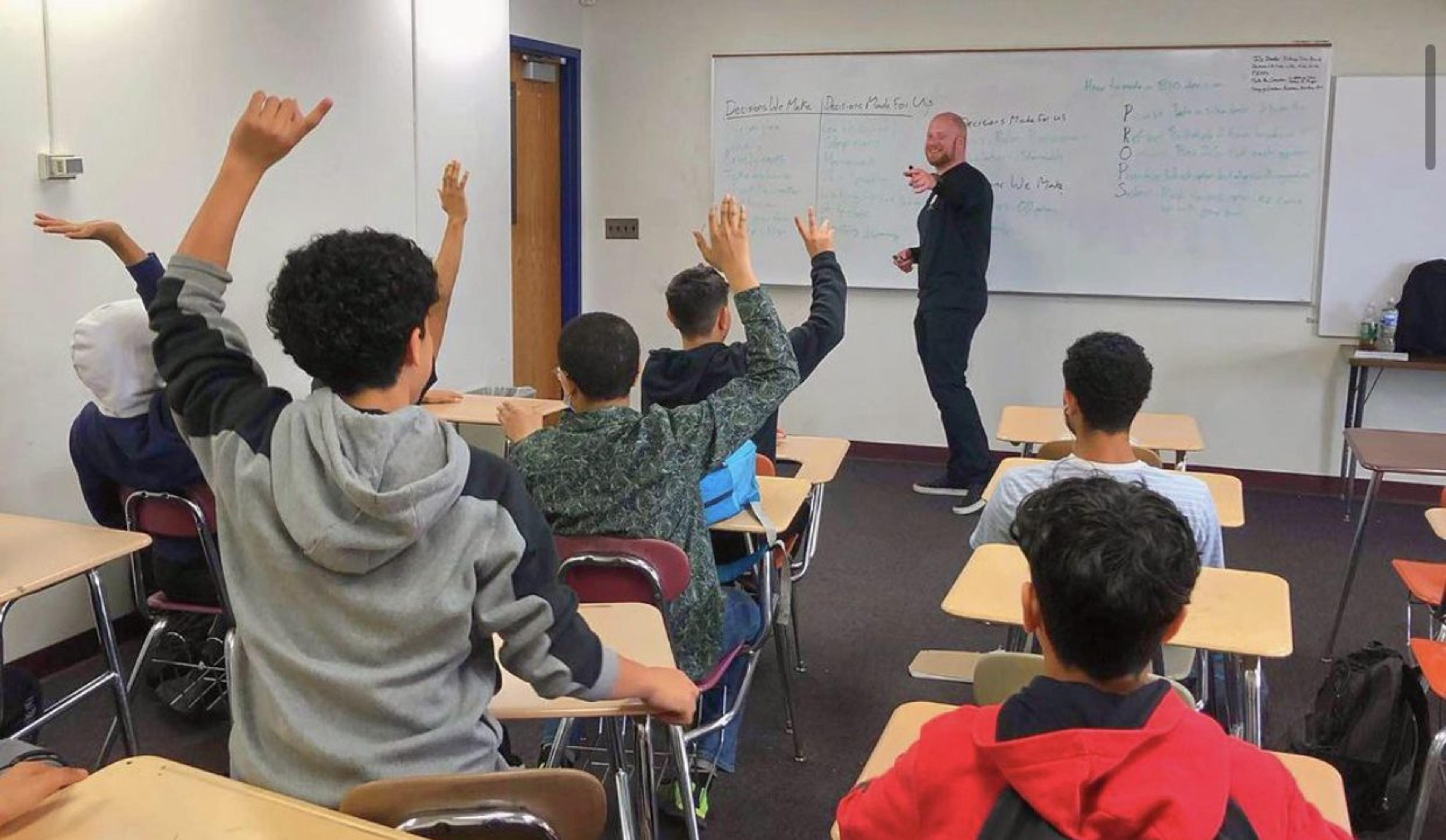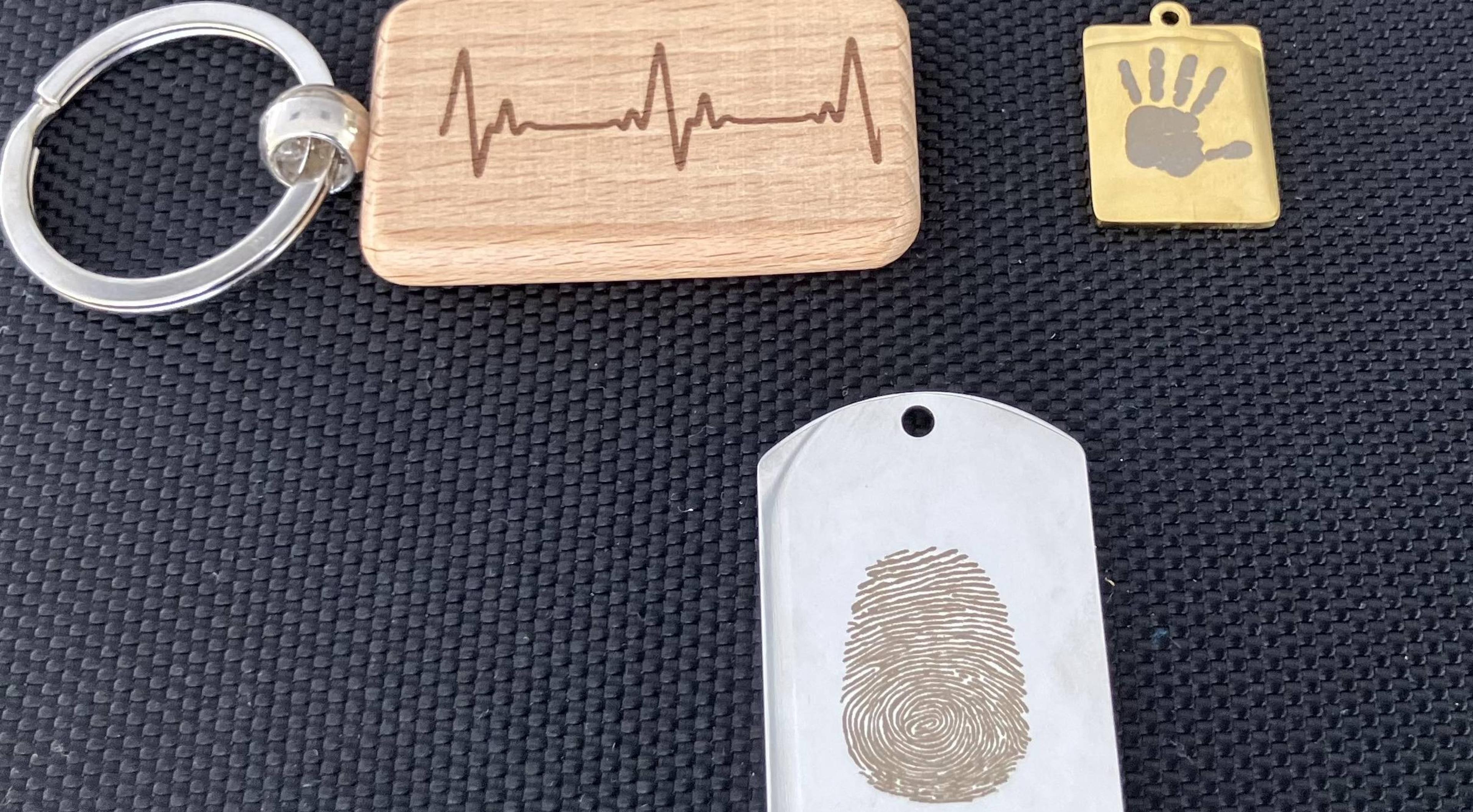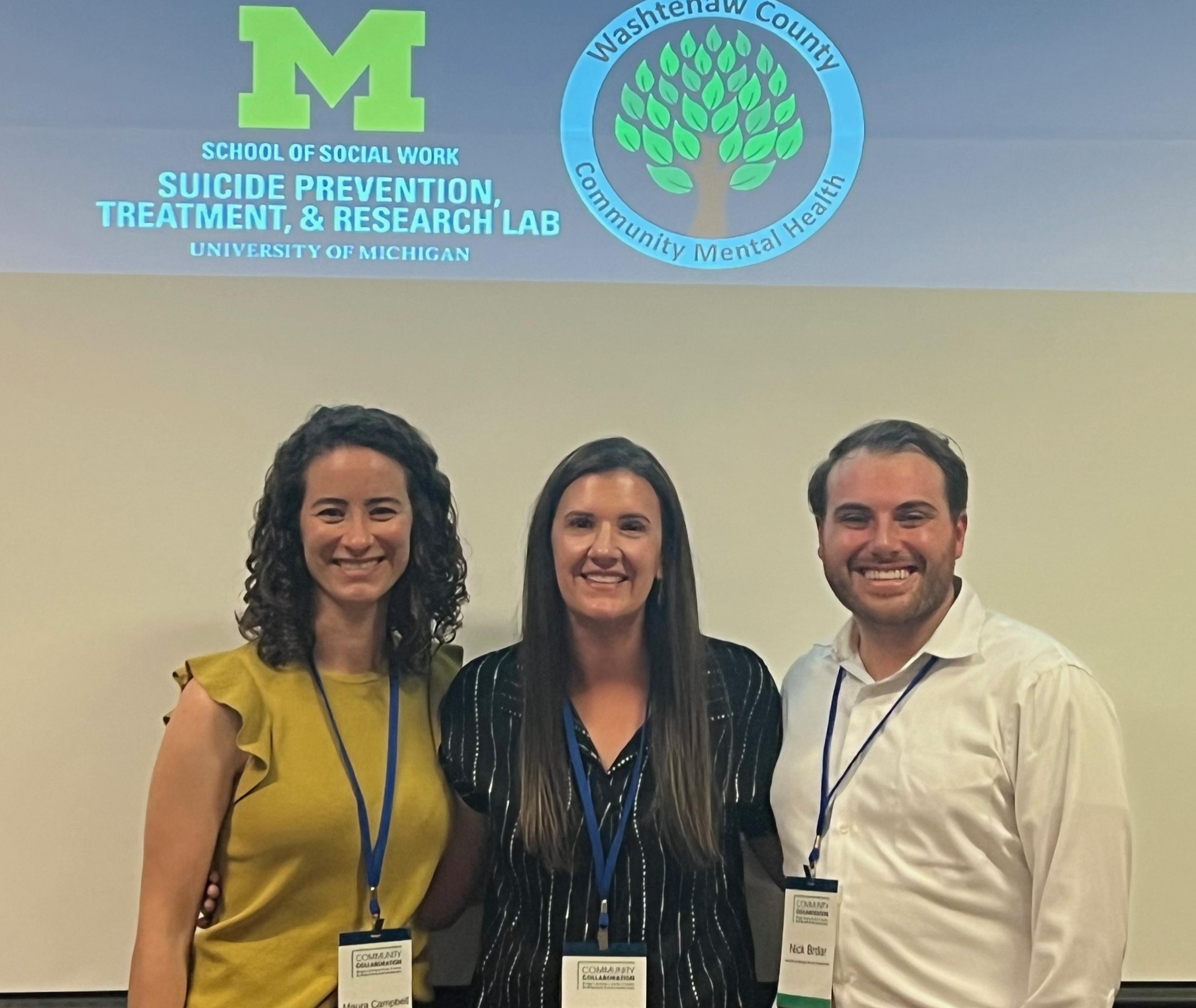LAHC Expands Substance Abuse Prevention Education with Help from BCBSM Foundation

Jake Newby
| 5 min read
Jake Newby is a brand journalist for Blue Cross Blue Shield of Michigan.

Leaders Advancing and Helping Communities (LAHC) has gone above and beyond to improve the quality of life for more than 80,000 individuals in the Dearborn area of Wayne County since the early 1980s. From providing emergency services and academic enrichment to diversity training and college preparation, the nonprofit organization has been there for its community in every way imaginable. Ahead of the 2020-2021 school year, LAHC devoted a lot of its time and resources toward tackling one glaring issue in southeast Michigan: Substance use prevention. “Alcohol, drugs and non-prescription medication use was on the rise,” said Mariam Ismail, the manager of LAHC’s substance abuse program. “LAHC wanted to focus on increasing high levels of resistance among youth.” With the help of a two-year, $45,000 Community Health Matching Grant from the Blue Cross Blue Shield of Michigan (BCBSM) Foundation, LAHC expanded its substance use prevention education program into the Westwood Community School District, a first-time endeavor for the 40-year organization. LAHC reached roughly 500 additional students and 200 additional parents through the partnership. “Our program has been serving Dearborn Public Schools since its inception. This most needed initiative was a response to the unmet need for evidence-based schooling programs in our community,” Ismail said. “Funding from the Foundation has allowed LAHC to launch a new partnership with the Westwood Community School District serving a diverse population of students in the cities of Dearborn Heights and Inkster.”
The Foundation grant supported the implementation of culturally responsive programming to prevent the use and abuse of prescription drugs and opioids, alcohol, cigarettes, and e-cigarettes. Ismail said LAHC followed the globally renowned Botvin Life Skills training curriculum to educate students. This consisted of a 10-week period in which LAHC prevention specialists worked closely with middle and high school students for one hour per week. Botvin Life Skills is a research-backed substance use prevention program that discourages the use of alcohol, tobacco, drug use, and violence by addressing the social and psychological factors that cause people to begin these behaviors. To adhere to COVID-19 safety protocols, much of LAHC’s efforts in 2020-2021 were executed virtually. Ismail said the program consisted of interactive lessons and activities meant to engage the students and provide them with a hands-on method of learning. “They participated in many virtual and interactive games such as Jeopardy and scavenger hunts, social media challenges and educational recordings” Ismail said. As the weeks went by, almost all the students had their cameras on. Everybody was engaged in the chat. People were using their reactions on Google Meets or Zoom.” The curriculum didn’t just apply to students – sessions aimed at parents were designed to provide bilingual and culturally sensitive, family-based prevention programs to enhance parenting skills training, communication, and family rules regarding substance use. Training was also meant to increase awareness among families about the appropriate use of opioid pain medications. Ismail said anonymous surveys at the end of the 10-week course – from students and parents alike – revealed to LAHC that the organization’s teachings were impactful. “Back in 2019, 31% of youth surveyed said they believed their parents wouldn’t think it was wrong to use tobacco products,” Ismail said. “Our surveys in 2022 showed that only 2% of youth now reported that their parents would think tobacco use is not wrong at all or is only a little bit wrong. If you think about it over the course of three years, that’s a decrease of 29%, which is great.”
ADDITIONAL GRANT HELPS LAHC AFFECT CHANGE ON ENVIORNMENTAL LEVEL
The 2020 BCBSM Foundation grant served as a catalyst of sorts for a five-year, $125,000 grant LAHC received from the Office of National Drug Control Policy and Drug-Free Communities Support Program in 2021. Those grant funds are being funneled into LAHC’s Advocate, Collaborate, Treat and Reduce (ACT) Program to help combat substance use in southeast Michigan communities on an environmental level. “The goal is to provide environmental change strategies rather than what we were able to accomplish with the Foundation grant. which was impact change on an individual level in the schools,” Ismail explained. “, The new grant will help us work with tobacco and marijuana dispensaries, consequently reducing access to tobacco in the community. We want to be able to implement new policies and laws, locally, surrounding use access to tobacco and marijuana.” While the Foundation grant went toward engaging the school sectors of Dearborn-area communities, the new five-year grant will engage business sectors, law enforcement, healthcare professionals and other organizations involved in the same line of work. “The BCBSM Foundation is proud to support the work of LAHC. We have a commitment to improving youth behavioral health and recognize the importance of culturally-responsive programming,” said Myra Tetteh, Senior Program Officer at the BCBSM Foundation. “Seeing that our initial grant award was almost tripled serves as a reminder that improving youth behavioral health leads to a healthier generation. We look forward to hearing of the continued work of LAHC.” “The BCBSM Foundation grant has allowed us the opportunity to expand our work to new territories," Ismail added. "(We were able to) reach more youth and parents as well as forge new partnerships with various stakeholders such as schools, law enforcement agencies, city governments to name a few." BCBSM Foundation grant programs address improved health and access to quality, high-value care by targeting health disparities, physical health, behavioral health, substance use disorder, mental health, maternal-infant health, health inequities and the social determinants of health through health care research and innovative health programs. More Foundation stories:
- Calvin University’s Women Supporting Women Program Reaches New Heights with Investigator-Initiated Research Award
- BCBSM Foundation Grant Helps Friends of the Children-Detroit Expand Crucial Mentorship Program
- New University of Michigan Project Addresses Diabetes in Black Men With BCBSM Foundation Grant Funding
Photo credit: LAHC





